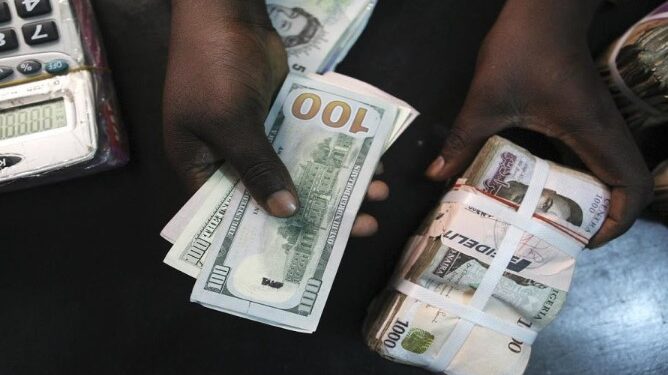Nigeria has seen a significant surge in its foreign debt servicing costs, with an increase of 96% year-on-year, according to the latest data released by the Central Bank of Nigeria (CBN).
By the end of May 2024, the country’s debt services and payments had reached $2.19 billion, a sharp rise from $1.12 billion recorded in the same period in 2023.

The cumulative foreign debt servicing costs for the first five months of 2024 amounted to $2.19 billion, nearly doubling the amount spent in the same period in 2023.It is also about 84% of the total external debt servicing costs recorded in 2022, which was $2.6 billion.
In January 2024, Nigeria’s debt servicing costs amounted to $560.52 million, an increase of 399% compared to $112.35 million in January 2023. This significant jump underscores the growing burden of external debt on the country’s finances.
February 2024 saw a slight decrease in debt servicing costs, totalling $283.22 million. This is a 1.8% decline from $288.54 million in February 2023. Despite the minor decrease, the overall trend indicates a steep rise in debt costs.
In March 2024, debt payments were recorded at $276.17 million, a 31% decrease from $400.47 million in March 2023. This reduction suggests a temporary reprieve in the upward trend of debt servicing costs.
However, April 2024 witnessed a substantial increase in debt servicing payments, which rose to $215.20 million from $92.85 million in April 2023. This marks a 132% increase year-on-year, reflecting the escalating debt obligations of the country.
The month of May 2024 saw a further spike in debt servicing costs, reaching $854.37 million compared to $221.05 million in May 2023. This represents a significant 286% increase, highlighting the growing fiscal pressure on Nigeria’s economy.







